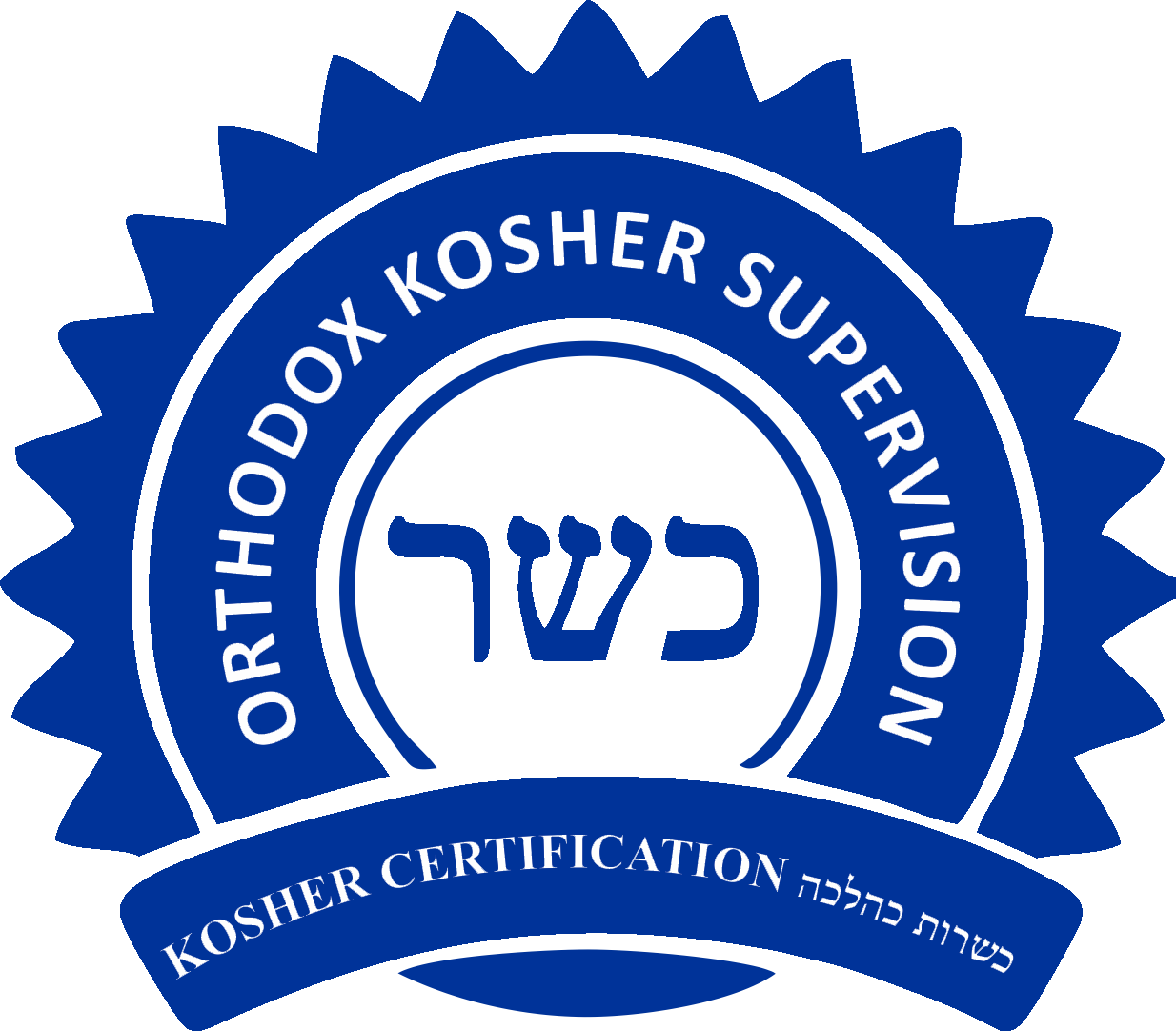Why don’t Jews eat pork
The prohibition against eating pork is one of the most well-known and widely discussed dietary laws in Judaism. For thousands of years, Jews have abstained from consuming pork, and this practice remains a cornerstone of Jewish dietary customs to this day. But why don’t Jews eat pork, and what is the reasoning behind this prohibition?
To understand the prohibition against pork, it is important to delve into the history and culture of Judaism. Judaism is one of the oldest monotheistic religions in the world, and it is rooted in a rich tradition of laws and customs that are designed to guide believers in their daily lives. One of the most important aspects of Jewish life is the observance of dietary laws, which are laid out in the Torah and other religious texts.
The prohibition against pork can be traced back to the book of Leviticus in the Torah, which forbids the consumption of certain animals, including pigs. The text states: “And the swine, though he divide the hoof, and be clovenfooted, yet he cheweth not the cud; he is unclean to you” (Leviticus 11:7). This passage is often interpreted to mean that pigs are considered unclean and therefore forbidden for consumption.
The reasons behind this prohibition are not entirely clear, but there are several theories. One possibility is that the prohibition against pork was initially a health-based measure. Pigs are known to carry a variety of diseases, and consuming pork can lead to illness or even death. In ancient times, when food safety standards were not as rigorous as they are today, this may have been a significant concern for Jewish communities.
Another theory is that the prohibition against pork was a way to differentiate Jews from other cultures and religions in the ancient Near East. Many of the surrounding cultures, such as the ancient Egyptians and Canaanites, consumed pork as a regular part of their diet. By abstaining from pork, Jews were able to maintain a sense of cultural and religious identity that set them apart from their neighbors.
Whatever the origins of the prohibition against pork, it has remained a central part of Jewish dietary laws for thousands of years. Today, kosher dietary laws dictate that only certain animals can be consumed, and pigs are not among them.
There are some who argue that the prohibition against pork is outdated and unnecessary in modern times. They point to the fact that pork is now considered safe to eat when properly prepared and cooked, and that many other cultures and religions consume pork without issue. However, for many Jews, the prohibition against pork is not simply a matter of health or practicality – it is a deeply ingrained part of their religious and cultural identity.
Moreover, while there may be some who argue that the prohibition against pork is outdated, there are many other aspects of kosher dietary laws that are still relevant and important today. These laws are designed to promote health and well-being, and to encourage mindfulness and intentionality in eating. By following these laws, Jews are able to connect with their faith and tradition in a meaningful way.
In conclusion, the prohibition against pork is a central part of Jewish dietary laws and has been for thousands of years. While the reasons for this prohibition may not be entirely clear, it remains an important part of Jewish culture and religious identity. While there may be some who argue that the prohibition against pork is outdated, it is important to remember that kosher dietary laws encompass much more than just the consumption of pork. By following these laws, Jews are able to connect with their faith and tradition in a meaningful way, and to live a healthy and intentional lifestyle.

